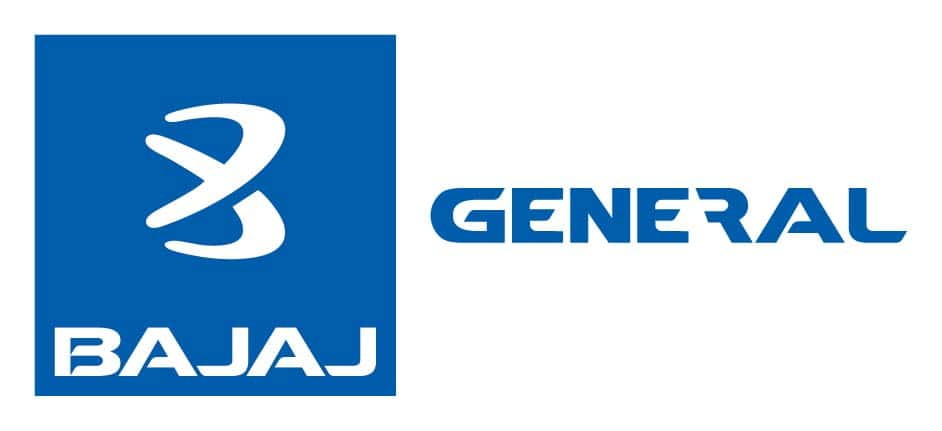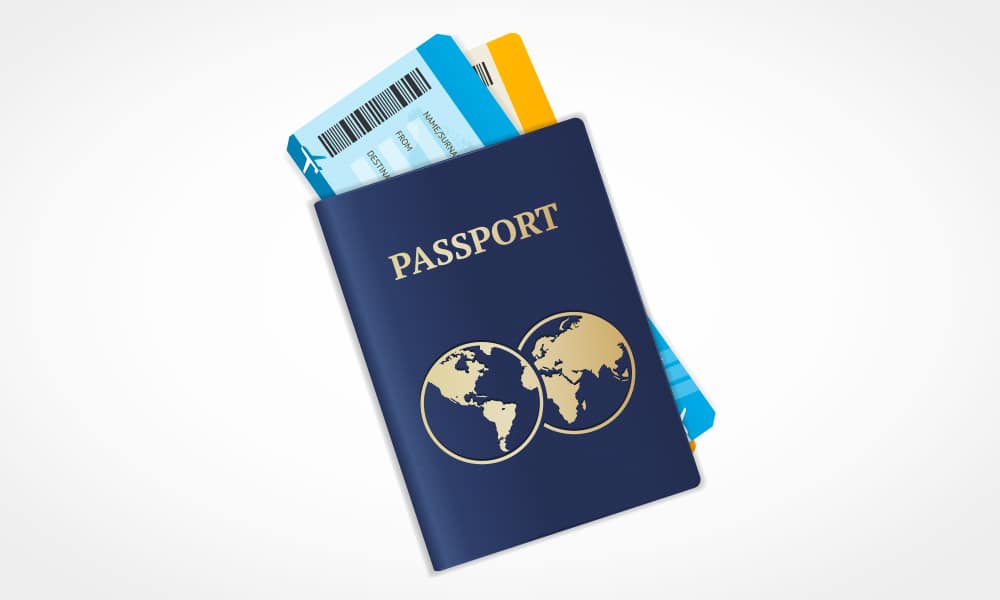


Does any of the traveller have any pre-existing medical condition like BP, diabetes etc? See what it means ›
Now covers COVID-19
Visa & Passport: Understanding the Key Differences
If you are a frequent traveller or someone who wishes to cover every country on the globe, a visa and passport must be your best friends. Even though they serve different purposes and cannot be used interchangeably, they are both mandatory while you travel outside your home country. Read on to know the key differences between a visa and a passport.
Travel Insurance Plans on PolicyBazaar#1
- Individuals
- Sr. Citizens
- Students
What is a Passport?

An Indian passport is issued by the Government of India. It proves your identity and nationality. It is mandatory for you to have a passport at all times while travelling internationally and is even required for your visa application. A passport includes all the necessary information, such as your name, date of birth, photo, nationality, etc., and is one of the most important identity proof.
What is a Visa?
A visa is an official document issued by a foreign country in the form of a stamp, sticker, or e-visa. It is a mandatory document allowing you to enter, stay, study, or work in a foreign country for a specific period. A visa is mandatory for visiting several countries, such as a Schengen visa to visit Europe's Schengen region, a US visa to visit the United States of America, etc.
Key Differences Between Visa and Passport
Here are some of the crucial differences between a passport and a visa based on various parameters:
| Criteria | Visa | Passport |
| Purpose | A visa is a document in the form of a stamp or sticker that grants you permission to enter, stay, or work in a foreign country for a specific duration. | A passport is an identity proof that also proves your nationality. |
| Issuing Authority | The embassy or consulate of the country you are visiting | Government of India |
| Validity | Depends on the issuing embassy/consulate and purpose of stay | 10 years for adults 5 years for minors (or till they are 18 years old) |
| Application Process | Need a passport to apply for a visa | You can apply for a passport based on your identity proof, marksheets, birth proof, and other required documents |
| Fees | Varies from country to country depending on the purpose | ₹1500 to issue/renew a passport (36 pages)* |
| Format | Stamp, sticker, electronic visa, or document | 36 or 60 page booklet |
| Requirement | Required to visit several foreign countries | Required for international travel as an identity proof |
| Types | Depending upon the purpose of visit, such as tourist, employment, transit, entry, etc. | Ordinary, Diplomatic, Official Passport, etc. |
*Disclaimer: The fee mentioned above is only for issuing or renewing a 36 page passport. The fees will differ based on the service chosen and is subject to change without prior notice.
Role of Passport While Travelling
A passport is mandatory while you are travelling internationally. This government-issued official document proves your identity and citizenship while you are out of your home country. It is also required to apply for a visa when you travel abroad. Even if you wish to travel to visa-free and visa on arrival countries, you will need to show your passport. However, you do not need a passport to travel within India.
Types of Passports
The Government of India issues the following types of passports:
| Type | Colour | Description |
| Ordinary Passport | Navy Blue | This is the standard passport issued to all Indian citizens and helps travel internationally |
| Diplomatic Passport | Maroon | A Diplomatic passport is issued to top government officials and diplomats representing India and travelling abroad for an official work |
| Official Passport | White | The official passport is issued to government employees travelling for specific duties or official purposes not in a diplomatic role |
Types of Visas
A visa is issued based on the purpose of your trip. Here are some common types of visas that one can apply for:
| Type | Description |
| Tourist Visa | A tourist visa is authorised for a specific or rather short duration if the purpose of your trip is leisure, sightseeing, or visiting family or friends. |
| Business Visa | A business visa is issued for purposes like meetings, conferences, or negotiations and is typically a short-term visa. |
| Student Visa | A student visa is issued to aspiring students and allows you to study in a foreign country for a specific period of time. |
| Work Visa | A work visa is issued for individuals who have a job offer from an employer and want to work in a foreign country. |
| Transit Visa | A transit visa is for travellers passing through a foreign country en route to another destination. |
Is a Visa Needed to Travel Abroad?
Yes, a visa is necessary to travel to several countries abroad. Indian passport holders have the option to travel to visa-free or visa on arrival countries. You must always check the visa requirements of the country you are visiting. Here is a list of the different types of visas depending upon the country you are visiting:
- Pre-approved Visa: You must apply for this type of visa at an embassy or consulate with a duly filled visa application. You must also note that some countries require you to have a valid travel insurance policy before offering you a visa.
- E-visa: Several countries allow a digital or an e-visa, wherein you can apply and get your visa online. You do not need to visit any embassy or consulate even for approval.
- Visa-on-Arrival: A country with a visa-on-arrival option allows you to get a visa as soon as you reach there, rather than applying for it in advance.
- Visa-free Option: Several countries are visa-free for Indians and allow entry with only a valid passport. There is no visa required to visit such countries.
Visa Facility for Indian Nationals
Here are some countries that do not require a visa, offer visa on arrival or an e-visa for Indian nationals:
Countries offering E-Visas
Some countries that offer an e-visa for Indian nationals where you can apply for a visa online, without visiting a consulate or embassy, and receive your approval electronically are given below:
| Argentina | South Korea |
| Armenia | New Zealand |
| Azerbaijan | Oman |
| Colombia | Singapore |
| Malaysia | Taiwan |
| Georgia | Turkey |
Countries with Visa on Arrival Facility
Some popular countries offering visa on arrival for Indian passport holders are given below:
| Angola | Madagascar |
| Bolivia | Qatar |
| Fiji | Nigeria |
| Zimbabwe | Rwanda |
| Indonesia | Seychelles |
| Iran | Somalia |
| Jamaica | Tunisia |
| Jordan | Tuvalu |
| Kiribati | Vanuatu |
Visa-Free Countries
The following table highlights some countries where an Indian national does not require a visa:
| Barbados | Montserrat |
| Bhutan | Nepal |
| Dominica | Niue Island |
| Grenada | Saint Vincent & the Grenadines |
| Haiti | Samoa |
| Hong Kong | Senegal |
| Maldives | Serbia |
| Mauritius | Trinidad & Tobago |
4 Common Misconceptions About Visas and Passports
Before you finally get ready for your trip, make sure not to fall for these common misconceptions about visas and passports:
- Myth: Passports and Visas are the Same
Fact: You must understand that passports and visas are not the same and cannot be used interchangeably. They serve distinct purposes for travellers. While a passport is an identity and nationality proof, a visa is more of an authorisation about your travel and stay in a foreign country.
- Myth: Passport Alone is Enough for Travelling
Fact: A passport alone does not let you travel anywhere in the world. To enter most foreign countries, you need a visa with your passport. Some countries are visa-free, offer a visa on arrival, or an e-visa option.
- Myth: You can Apply for a Visa Without a Passport
Fact: A passport is the minimum requirement to apply for a visa in India. You cannot get your visa applications approved without a valid passport.
- Myth: Visa Rules are the Same for All Countries
Fact: All countries do not have the same rules and regulations to offer you a visa. Some countries have a strict visa process, such as Europe, the USA, UAE, etc., whereas some might even exempt you from the process altogether.
FAQs
-
Q: Which is more important, a visa or a passport?
Ans: Both a passport and a visa are necessary for international travel, but they serve different purposes. A visa allows you to enter, stay, travel, or work in a foreign country, whereas a passport is an identification document that proves you are a citizen of the issuing country. -
Q: Is a passport required while travelling within the same country?
Ans: No, a passport is not required for domestic travel in the home country. However, you need a passport to travel internationally. It is also mandatory to file for a visa while travelling abroad. -
Q: Which country has the strictest visa policy?
Ans: Several countries have a strict visa policy due to various reasons, such as national security. North Korea, Russia, the USA, etc., are some countries with a strict visa policy. -
Q: Can a visa be issued without a passport?
Ans: No, you must have a valid Indian passport to file for a visa in any country. -
Q: Which country is visa-free for an Indian passport holder?
Ans: Bhutan, Nepal, Thailand, Malaysia, Mauritius, Fiji, etc., are some of the most popular visa-free countries for Indian passport holders. -
Q: How long does a visa last?
Ans: The validity of your visa depends on the purpose of your trip. A tourist visa is valid for as long as 10 or 15 years, whereas a work visa may be issued annually or for the period of the contract. -
Q: Does a passport expire?
Ans: Yes, a passport generally expires after 10 years from the issue date. For minors, the validity of a passport is 5 years or till they are 18 years old, whichever is earlier. -
Q: How many types of visas are there?
Ans: There are several types of visas, such as employment visa, tourist visa, transit visa, entry visa, etc.
STANDARD TERMS AND CONDITIONS APPLY. For more details on risk factors, terms, and conditions, please read the sales brochure carefully before concluding a sale.
Policybazaar Insurance Brokers Private Limited, Registered Office - Plot No.119, Sector - 44, Gurgaon, Haryana - 122001 | CIN: U74999HR2014PTC053454 | Policybazaar is registered as a Composite Broker | Registration No. 742, Valid till 09/06/2027 | License category - Composite Broker | Contact Us | Legal and Admin Policies
*Price shown is for a 180 day trip to Thailand with 50 thousand dollar coverage for an adult of age 25 years








































